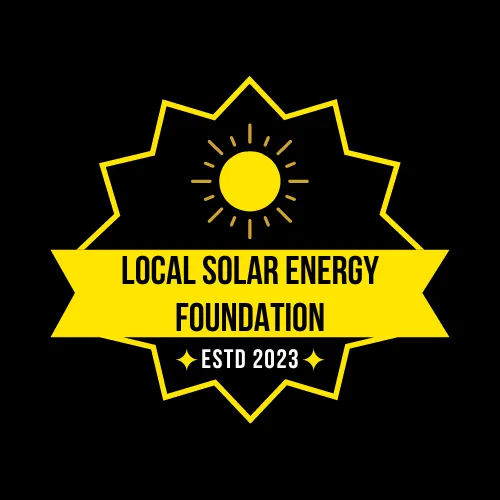Call Us With Your Solar Questions: (845) 262-4480
Advocating for a Greener Planet Through Solar Education
The Local Solar Energy Foundation (501C nonprofit) is a free resource that helps homeowners, businesses, and nonprofits make the decision to go solar. Our solar experts are standing by to answer any questions you may have.
We cut through the spammy ads and misleading information found online
Does Solar Make Sense for You?
While solar panels are a great way to save money, they may not be for everyone. Our guide walks you through important factors that every homeowner needs to consider before installing them. Things like:
Your location
The direction your roof faces
Condition of roof some stuff

How Much Should Solar Cost?
The up front costs of installing solar panels usually range between $25-40K (and sometimes even higher). Explore all the factors that go into determining the final price of buying and installing panels on your home, as well as recommended options for financing them over time.
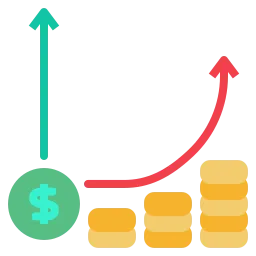
When Will You See a Return on Investment?
This will be different for everyone as it’s based on your geography, climate, energy needs, and even the location and position of your home. Our solar experts are here to help you break down all of these factors to get a better idea of how long it will be until you see a return on your solar panel investment.

Is Solar Really Free?
You may see ads or talk to solar sales people who claim that solar is free. Not true BUT if your house is a good candidate for solar, it probably makes economic sense to switch. Speak to one our experts today
Frequently Asked Questions
What happens when there is snow on the panels?
This is a commonly asked question. Solar panels absorb the suns heat and light and shed snow pretty well. A small dusting has little to no impact on production and can melt very quickly. When heavy snow accumulates, the solar panels will stop production completely.
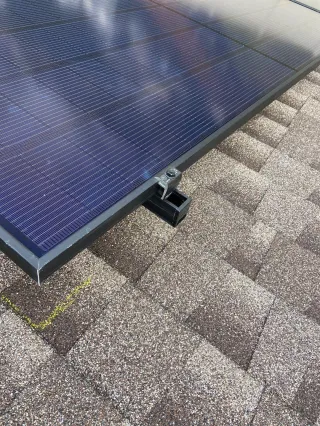
Do my solar panels produce power when the sun isn't shining?
Solar panels are much more efficient on bright sunny days. Solar panels are designed for all weather conditions. Even on a cloudy day, the panels can produce. Contrary to popular belief, panels can work even if they are covered and shaded. It just depends on the amount of shade and the duration the panels are sitting in the shade which determines the amount of production it may produce. At night, solar panels do not produce at all.
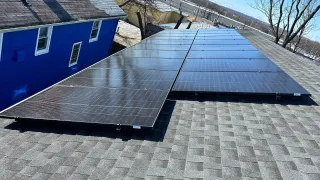
How long do systems normally last?
The life expectancy for a solar system can range between 25 to 30 years. Solar panels are extremely efficient over their lifespan and can lose about 1% of their efficiency each year. The most reputable solar companies will offer a 25 year guaranteed warranty.
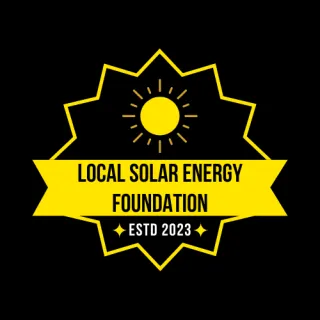
Do I really get a "free roof" when I go solar?
When going solar, many companies offer the bait and switch offering a "free roof" when going solar. Reputable solar companies will send out an experienced surveyor to take pictures and measurements of your roof. From there, based on the outcome, you'll be advised if the quality of your rooftop is in great condition for solar. If not, you'll be presented with many options related to building the roof cost directly into the overall project cost. This cost would be rolled into the total cost of the project.
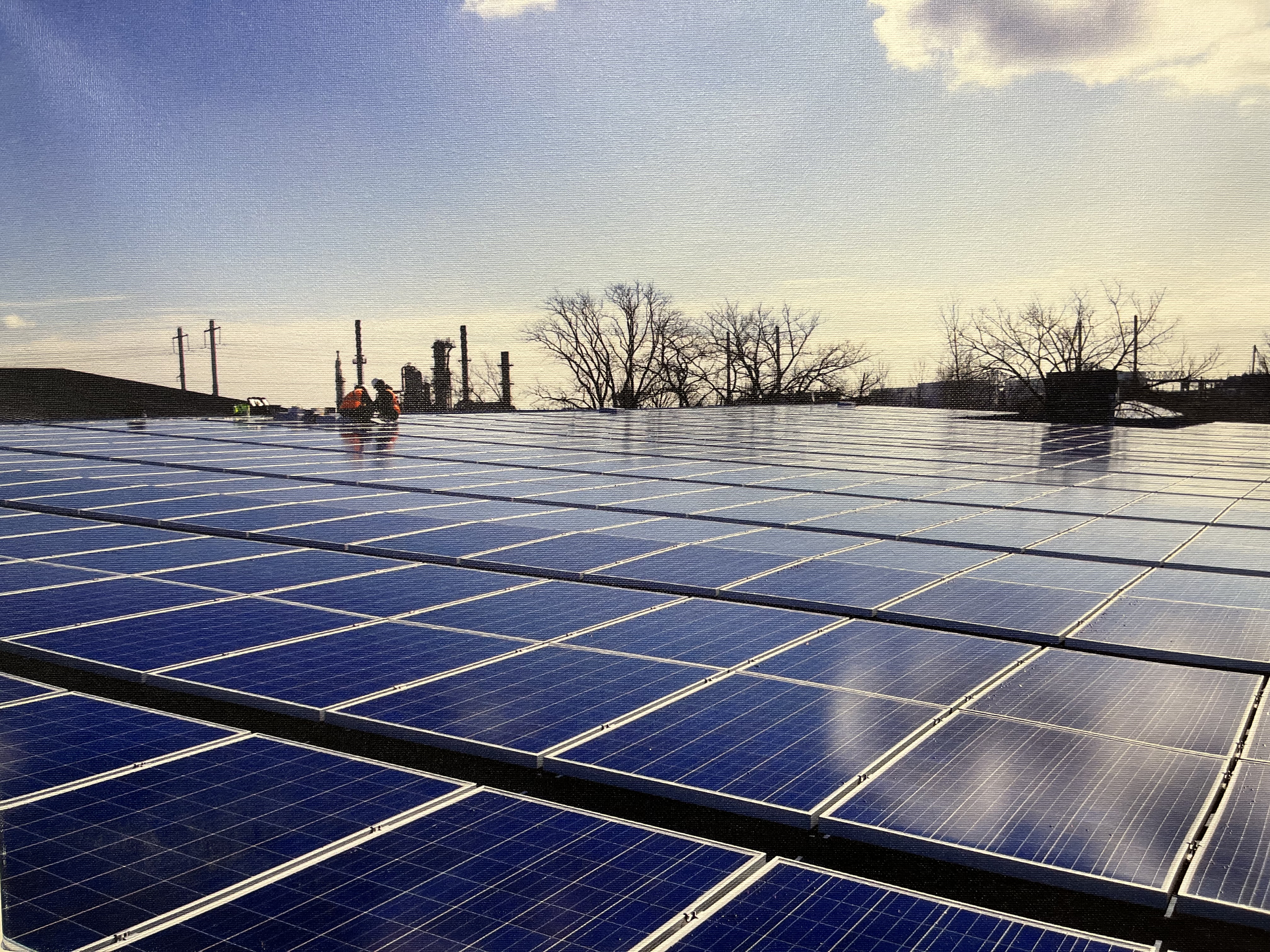
Are there any incentives for going solar?
In August of last year (2022), Congress passed an extension of the Investment Tax Credit (ITC). This went from 26% to 30% and will stay that way for 10 years pending the political climate. For customers who finance or pay for the system outrite, they are are entitled to 30% off the gross cost of their system. For homeowners in NJ, they are also eligible for the SUSI program, which entitles the homeowner to a credit for every 1MWh of power generated from their solar panels. For homeowners in NY, they are entitled to a NYSERDA state rebate, which is taken immediately off the top of their cost when purchasing a system. Those state rebates, plus the ITC credit can really help offset the cost to go solar.
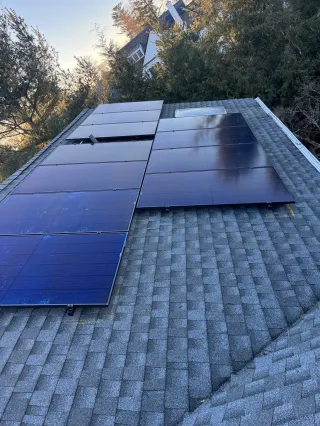
What type of financing is typically available for solar?
Finance (loan), cash and leasing options. Call us if you'd like to discuss the pros and cons of each option for your particular situation. (845) 262-4480
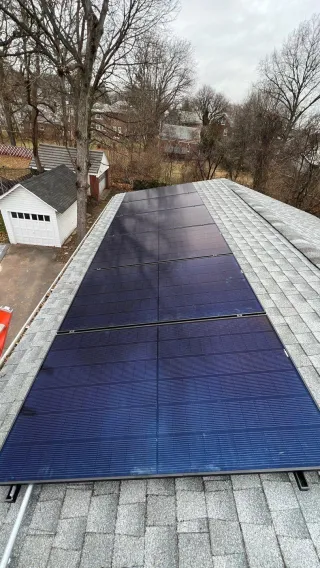
Will I still receive a utility bill?
A homeowner will never be 100% off the grid. Even with the perfect solar offset, a utility company still has mandatory company fees. These fees can be different based on your utility company. Nevertheless, your panels will send emergy back to the grid to help offset the cost of your normal bill. As well, if you have a battery backup, any excess generation is stored and sent back as well.
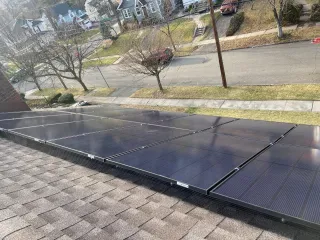
Can I go completely off grid with solar panels?
Installing solar panels does mean that you have gone off the grid. Most systems are not designed to consistently generate enough power to be a home's only source of electricity. Which is why it is more common for a household to maintain connection with their utility company. With net metering, one can send electricity produced back to the grid when not drawing power. When you're billed by your utility company, you are billed on the net production from your panels and the electricity you used from the grid.
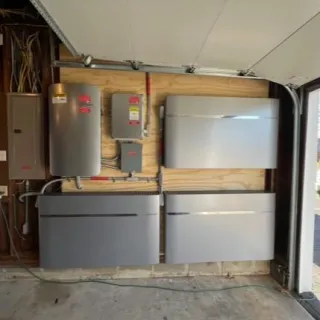
What are the benefits of going solar?
Financially, you save on your bills, increase your property value and are able to benefit from the (solar) investment tax credit. Environmentally, you are reducing your carbon footprint for a much cleaner, greener and more abundant way of life. You are helping the environment and also helping your pockets.

Taking The Complexity Out of Solar
Don't let fast talking sales people confuse you
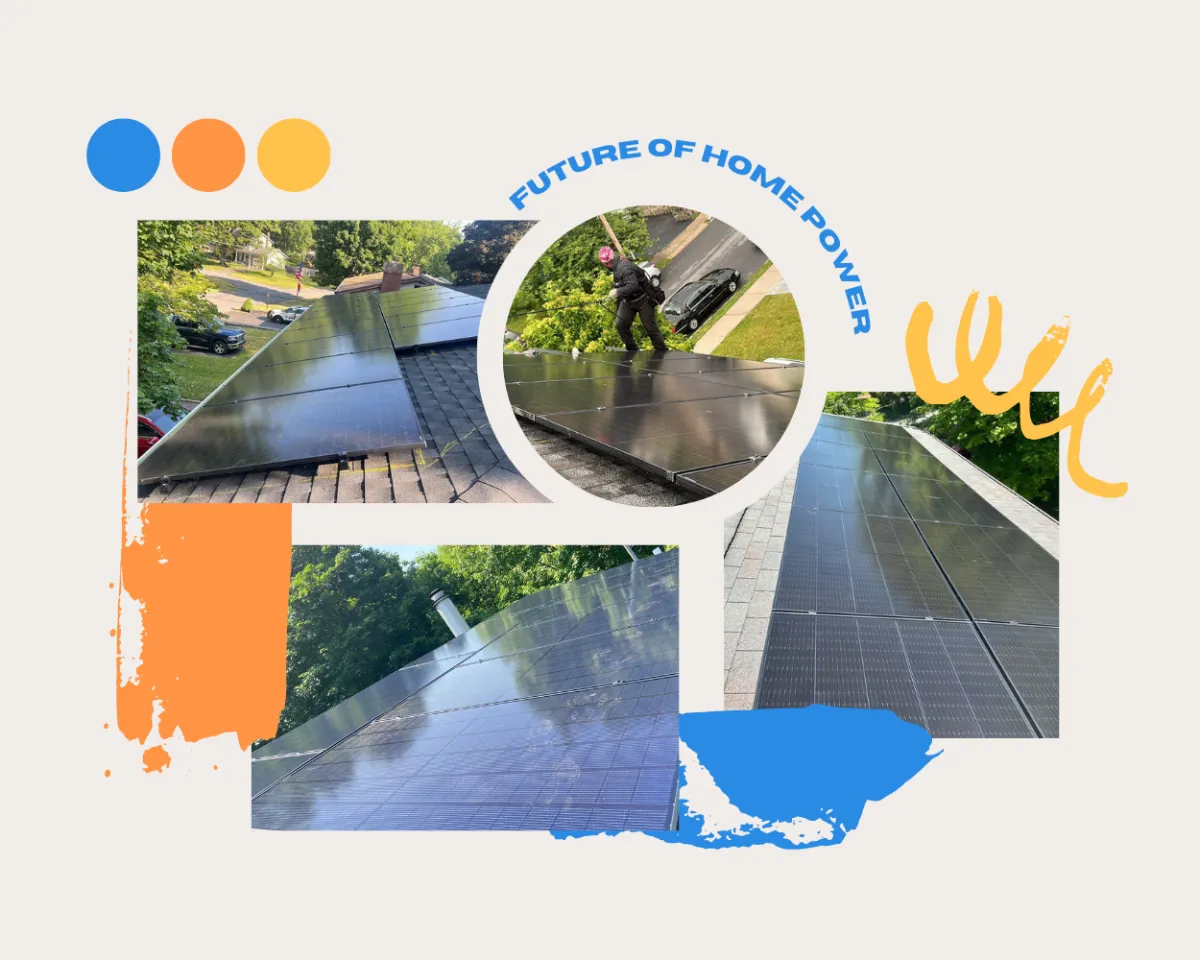
How Important Is The 'Lifetime Savings' Calculation
Can you really save over $100,000 during the lifetime of your solar system. Short answer: Yes...especially if your house is qualifies for solar.
4 Million Homes Will Have Solar By The End of the Year
By the end of 2023, 4 million homeowners in the US will have gone solar; some will add battery storage to their homes to help reduce bills, run their lives on clean energy, and have protection against grid outages
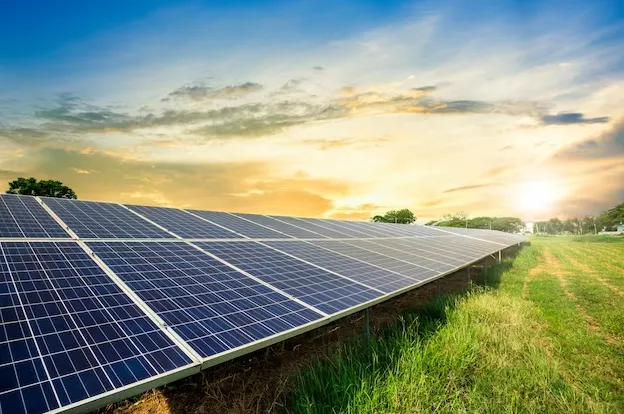
A Job Creating Energy Source
Saving you money. Saving the planet. Creating jobs. WIN WIN WIN
470K
WORKERS
There are 150,000 solar workers (installers, electricians) today. That number will grow to 470,000 in just 5 years!

4M
HOMES
By the end of 2023, there will be 4 million homes with solar in the US

2 minutes
DURATION OF SUN
In less than 2 minutes, the sun generates enough power for everyone on the planet for an entire year.

25%
BATTERIES
25% of homeowners who purchase a solar system will add a backup battery (for use during outages and overnight
While solar most certainly is the future of power in the US and throughout the world, there is still a lot of misleading information found online, the solar experts at the Local Solar Energy Foundation are here to answer all of your questions.

Solar Fun Fact
In less than 2 minutes, the sun generates enough power for everyone on the planet for an entire year.
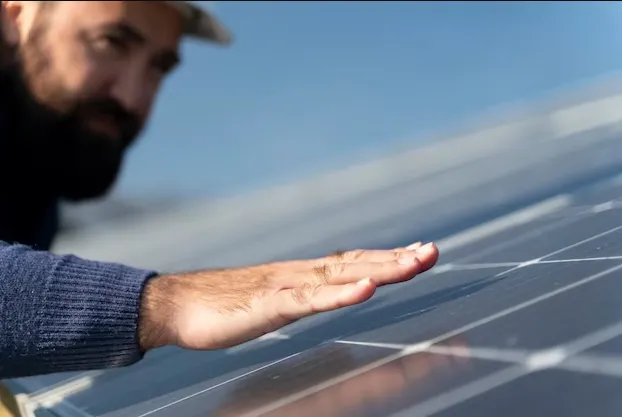
25-Year Lifespan?
Solar panels can last more than 25 years but typical warranties cover all repairs for 25 years.
Three reasons to
go solar now
INDEPENDENCE
By going solar you turn a liability into an asset. Your home will have the capacity to produce your own energy, freeing you from rate hikes and fees from the utility company.
SAVINGS. SAVINGS. SAVINGS.
You save money right away with lower rates. With fixed rate financing you have a much larger return on investment. Many homeowners with solar save $50K to $200K over 30 years.
ENVIRONMENTAL
Producing your own solar energy not only saves you money, but reduces our overall carbon footprint.
